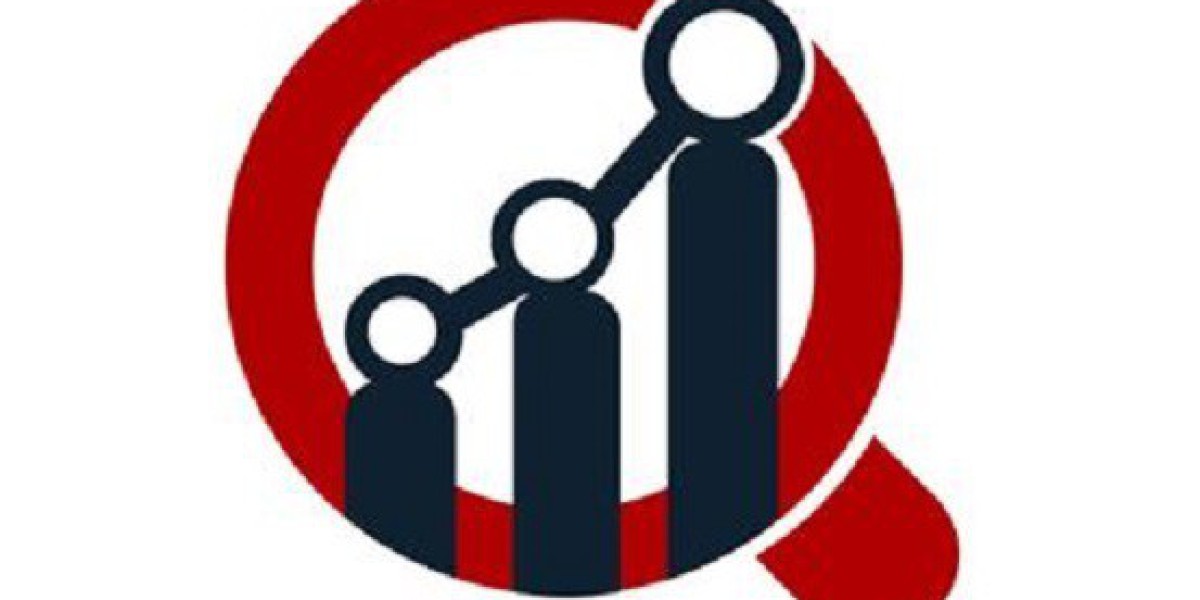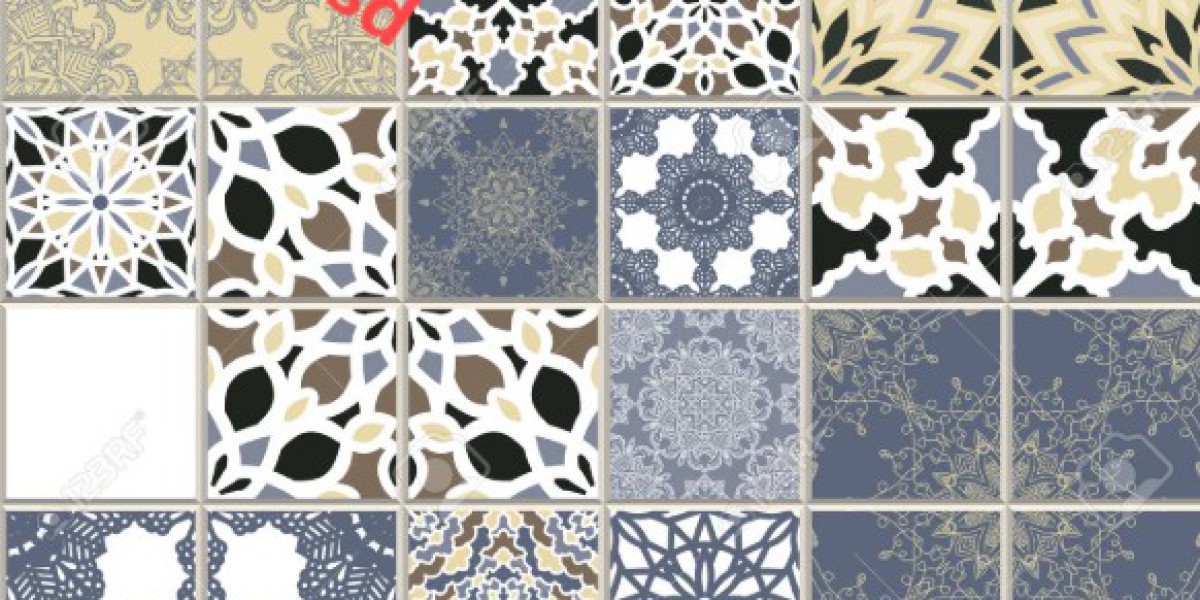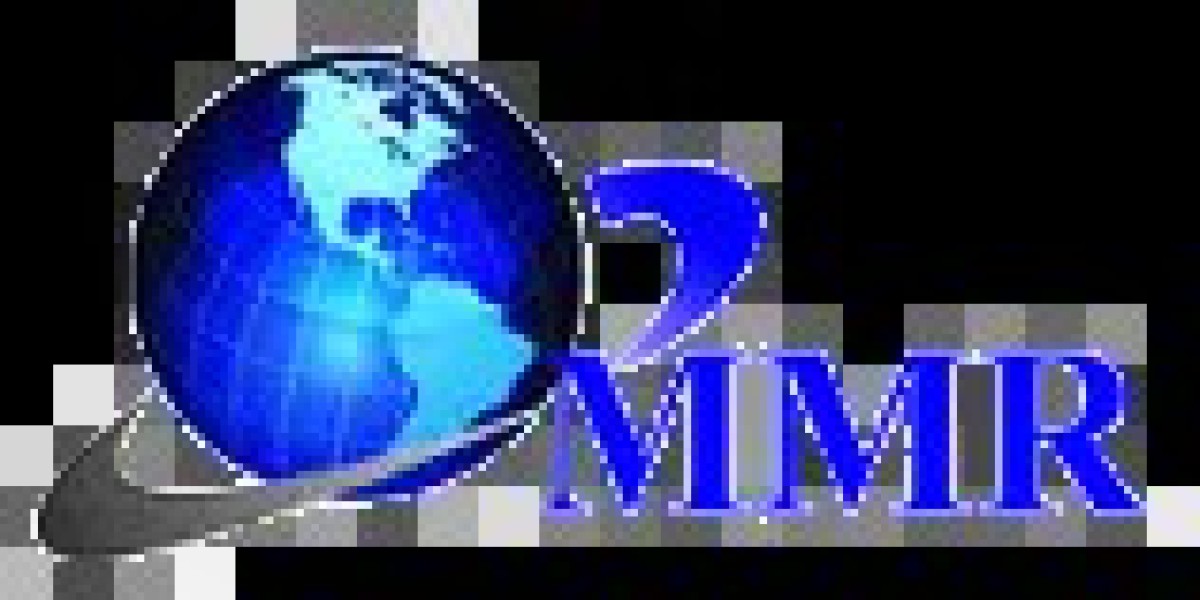What Is Pharmaceutical Membrane Filtration?
Pharmaceutical membrane filtration is a key process used in the production of sterile and high-purity pharmaceutical products. It involves the use of semi-permeable membranes to separate particles, microorganisms, and contaminants from fluids, ensuring that the final product meets regulatory standards for safety and efficacy.
This filtration technique is widely used across drug development and manufacturing, especially in biopharmaceuticals, injectables, vaccines, and antibiotics, where contamination risks must be minimized.
Why Membrane Filtration Is Essential in Pharma
Maintaining sterility and purity in pharmaceutical processes is non-negotiable. Membrane filtration helps eliminate:
Bacteria and viruses
Endotoxins
Particulate matter
Microbial contaminants
Whether it’s in water purification, active pharmaceutical ingredient (API) processing, or final product filtration, this method ensures adherence to GMP (Good Manufacturing Practice) and FDA standards.
Moreover, membrane filters are increasingly preferred over traditional sterilization methods due to their chemical compatibility, energy efficiency, and non-destructive nature.
Types of Membranes Used
The pharmaceutical industry utilizes various membrane filtration technologies depending on application and required purity levels. These include:
Microfiltration (MF)
Ultrafiltration (UF)
Nanofiltration (NF)
Reverse osmosis (RO)
Sterile filtration
Materials such as PVDF, PES, PTFE, and cellulose acetate are used to craft membranes tailored for high-throughput filtration, high retention, and low extractables.
Key Applications and End Users
Membrane filtration plays a vital role in:
Sterile filtration of injectables
Protein purification in biologics manufacturing
Water treatment for pharmaceutical use
Cell culture media preparation
Vaccine and monoclonal antibody production
Major users of pharmaceutical-grade filters include contract manufacturing organizations (CMOs), research labs, vaccine producers, and pharma production facilities.
Market Drivers Fueling Growth
The pharmaceutical membrane filtration market is experiencing strong growth due to:
The rising demand for biologics and biosimilars
Stringent regulatory requirements for sterile drug manufacturing
Increased investment in pharma infrastructure
Rapid expansion of vaccine production facilities globally
Advancements in single-use filtration systems
Furthermore, COVID-19 and other emerging health threats have accelerated the need for robust filtration systems, especially in vaccine development and mass production.
Global Insights and Leading Players
North America leads the market due to its well-established pharmaceutical sector and stringent regulatory framework. Europe is also a major player with strong biomanufacturing capabilities and investment in sterile processing equipment.
Asia-Pacific is growing rapidly, driven by increased pharmaceutical outsourcing, expanding drug manufacturing hubs in India and China, and rising government healthcare spending.
Top companies dominating the market include Merck KGaA, Sartorius AG, Pall Corporation (Danaher), GE Healthcare, and 3M Health Care, all of which are innovating in membrane design, scalability, and single-use systems.



